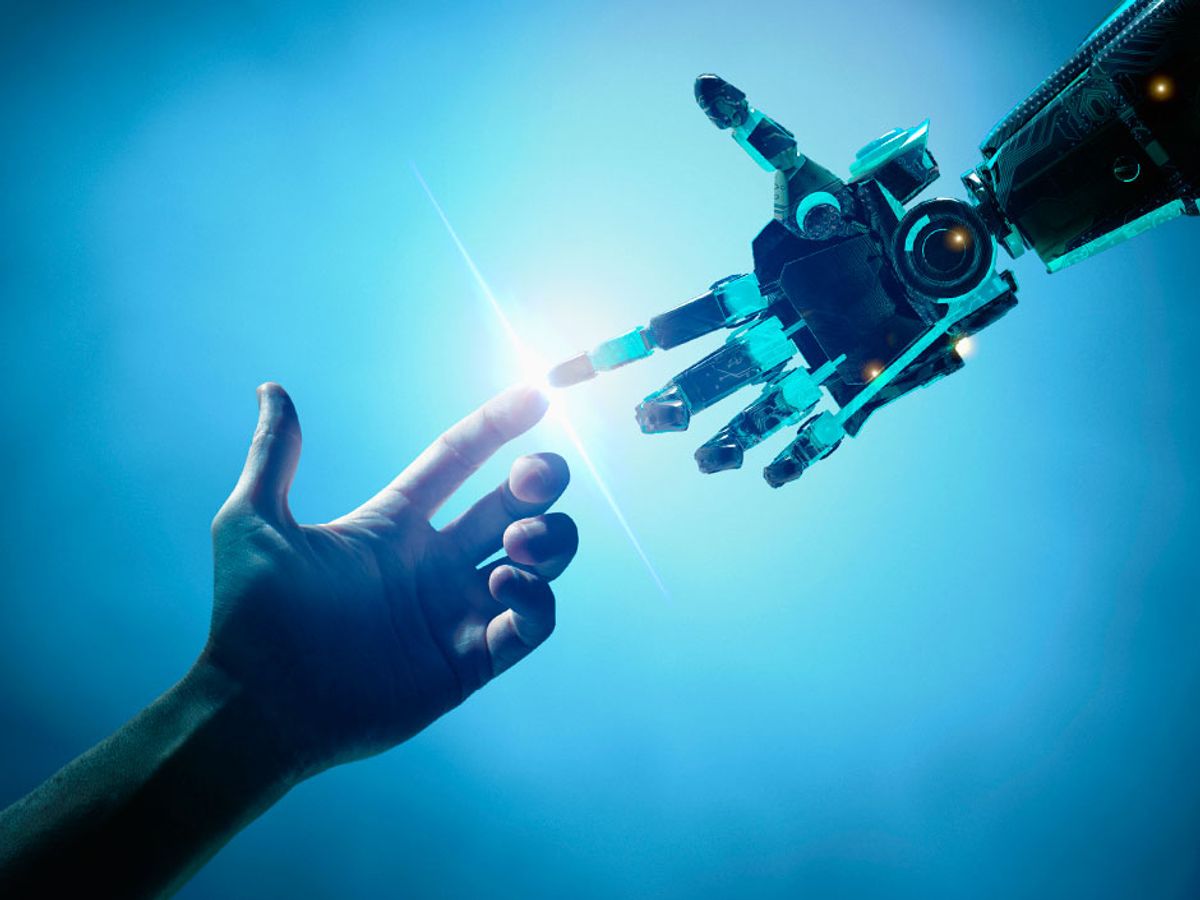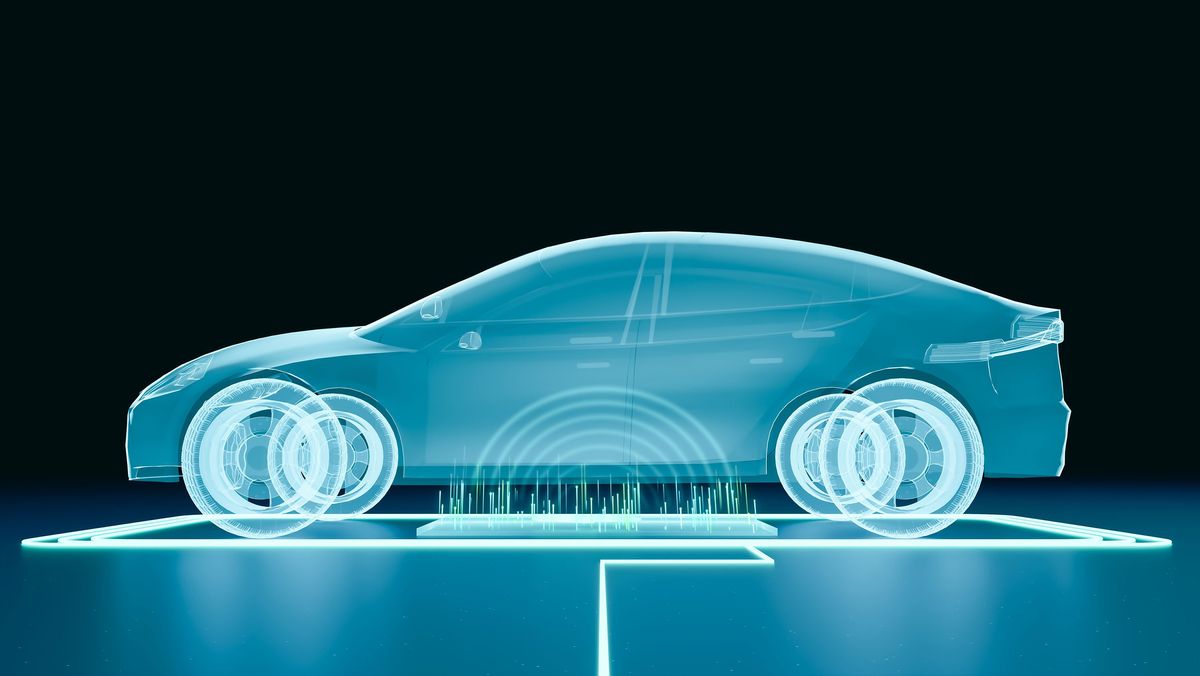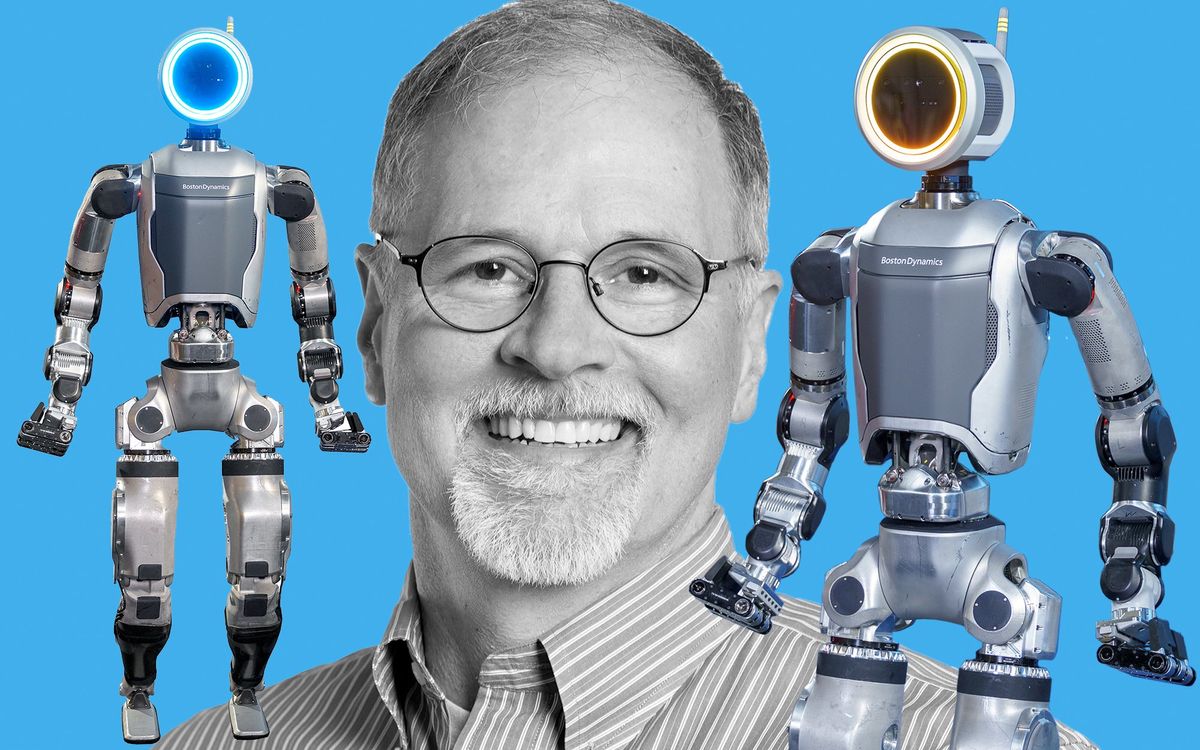This is a guest post. The views expressed here are solely those of the author and do not represent positions of IEEE Spectrum or the IEEE.
We owe the success of numerous state-of-the-art artificial intelligence applications to artificial neural networks. First designed decades ago, they rocketed the AI field to success quite recently, when researchers were able to run them on much more powerful hardware and feed them with huge amounts of data. Since then, the field of deep learning has been flourishing.
The effect seemed miraculous and promising. While it was hard to interpret what exactly was happening inside the networks, they started reaching human performance on a number of tasks: such as image recognition, natural language processing, and data classification in general. The promise was that we would elegantly cross the border between data processing and intelligence by pure brute force of deep artificial neural networks: Just give it all the data in the world!
However, this is easier said than done. There are limits to state-of-the-art AI that separate it from human-like intelligence:
● We humans can learn a new skill without forgetting what we have already learned.
● We can build upon what we know already. For example, if we learn language skills in one context we can reuse them to communicate any of our experiences, dreams, or completely new ideas.
● We can improve ourselves and gradually become better learners. For instance, after you learn one foreign language, learning another is usually easier, because you already possess a number of heuristics and tricks for language-learning. You can keep discovering and improving these heuristics and use them to solve new tasks. This is how we’re able to work through completely new problems.
Some of these things may sound trivial, but today’s AI algorithms are very limited in how much previous knowledge they are able to keep through each new training phase, how much they can reuse, and whether they are able to devise any universal learning strategies at all.
In practice, this means that you need to build and fine tune a new algorithm for each new specific task—which is a form of very sophisticated data processing, rather than real intelligence.
To build a true general intelligence has been a lifelong dream of Marek Rosa, from his days as a teenage programmer until now, when he’s a successful entrepreneur. Rosa, therefore, invested the wealth he made in the video game business into his own general AI R&D company in Prague: GoodAI.
Rosa recently took steps to scale up the research on general AI by founding the AI Roadmap Institute and launching the General AI Challenge. The AI Roadmap Institute is an independent entity that promotes big-picture thinking by studying and comparing R&D roadmaps towards general intelligence. It also focuses on AI safety and considers roadmaps that represent possible futures that we either want to create or want to prevent from happening.
The General AI Challenge is a citizen-science project with a US $5 million prize fund provided by Rosa. His motivation is to incentivize talent to tackle crucial research problems in human-level AI development and to speed up the search for safe and beneficial general artificial intelligence.
The $5 million will be given out as prizes in various rounds of the multi-year competition. Each round will tackle an important milestone on the way to general AI. In some rounds, participants will be tasked with designing algorithms and programming AI agents. In other rounds, they will work on theoretical problems such as AI safety or societal impacts of AI. The Challenge will address general AI as a complex phenomenon.
The Challenge kicked off on 15 February with a six-month “warm-up” round dedicated to building gradually learning AI agents. Rosa and the GoodAI team believe that the ability to learn gradually lies at the core of our intelligence. It’s what enables us to efficiently learn new skills on top of existing knowledge without forgetting what we already know and to reapply our knowledge in various situations across multiple domains. Essentially, we learn how to learn better, enabling us to readily react to new problems.
At GoodAI’s R&D lab, AI agents will learn via a carefully designed curriculum in a gradual manner. We call it “school for AI,” since the progression is similar to human schooling, from nursery till graduation. We believe this approach will provide more control over what kind of behaviors and skills the AI acquires, which is of great importance for AI safety. Essentially, the goal is to bias the AI towards behaviors and abilities that we humans find useful and that are aligned with our understanding of the world and morality.
Nailing gradual learning is not an easy task, and so the Challenge breaks the problem into phases. The first round strips the problem down to a set of simplistic tasks in a textual environment. The tasks were specifically designed to test gradual learning potential, so they can serve as guidance for the developers.
The Challenge competitors are designing AI agents that can engage in a dialog within a textual environment. The environment will be teaching the agents to react to text patterns in a certain way. As an AI progresses through the set of roughly 40 tasks, they become harder. The final tasks are impossible to solve in a reasonable amount of time unless the agent has figured out the environment’s logic, and can reuse some of the skills it acquired on previous tasks.
More than 390 individuals and teams from around the world have already signed up to solve gradual learning in the first round of the General AI Challenge. (And enrollment is still open!) All participants must submit their solutions for evaluation by August 15 of this year. Then the submitted AI agents will be tested on a set of tasks which are similar, but not identical, to those provided as part of the first-round training tasks. That’s where the AI agents’ ability to solve previously unseen problems will really be tested.
We don’t yet know whether a successful solution to the Challenge’s first phase will be able to scale up to much more complex tasks and environments, where rich visual input and extra dimensions will be added. But the GoodAI team hopes that this first step will ignite new R&D efforts, spread new ideas in the community, and advance the search for more human-like algorithms.
Olga Afanasjeva is the director of the General AI Challenge and COO of GoodAI.





